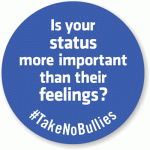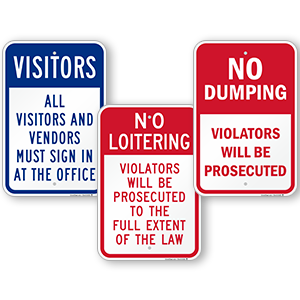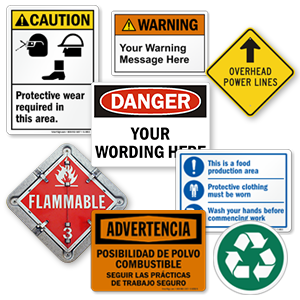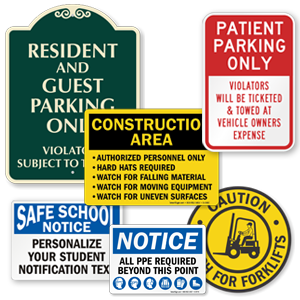Not just for kids: new cyberbullying law ensures teachers are treated right
Cyberbullying amongst school students is one of the year’s hottest issues, but lately, students tormenting teachers online has become just as serious a problem. Naturally, students will discuss and even poke fun of authority figures such as teachers or principals, but social media provides a particularly insidious platform for students to vent their frustration against superiors in destructive ways. Imagine being a teacher for 10th graders finding a mock Twitter handle of yourself online, tweeting obscene comments. Such was the case for Chip Douglas, a North Carolina high school teacher.

The Twitter handle was scornfully designed to portray Douglas as a violent, deranged addict. Naturally, Douglas was distraught. It violated a recently passed North Carolina law, “The School Violence Protection Law.” North Carolina was one of the first states to pass a law against cyberbullying in the U.S., specifically regarding students bullying teachers online. The law prohibits students from creating fake online profiles or websites of teachers with the intent to “intimidate or torment a school employee.” This also includes posting fake images or making any statement online that provokes harassment.
Violating this law is a misdemeanor and if a student is found guilty; they could be fined up to $1000 and face possible jail time or a transfer to another school. The male student who created the Twitter confessed, and Douglas decided not to press charges because he was an excellent student with an otherwise bright future. In the end, Douglas resigned, but the issue of the legality of mocking teachers online outside of school hours is still hotly contested.
Court cases show conflicting results, exemplified by cases in Pennsylvania where fake, mocking MySpace profiles of principals were created. The Third U.S. Circuit Court of Appeals stated that these profiles, created and used outside of work, didn’t significantly disrupt school conditions. However, a case in which a Connecticut student posted a blog, calling administrators an obscenity for canceling a concert, caused students to express outrage at school and cause a disturbance. The student was removed from her position in the student government.

Children become connected to the digital realm at an increasingly younger age (via MySecuritySign.com).
Critics of the North Carolina cyberbullying law say that it is an imposition on free speech rights. They argue that mandating criminal punishments for offensive speech or opinions is overregulation. “It’s the first statute that exposes 15-,16-,17-year-olds to potential criminal sanctions for a dumb mistake they made, something stupid that they say,” says Chris Brook of North Carolina’s ACLU.
However, others counter that the law is not as restrictive as it may seem. North Carolina attorney Carla Boles says that teens can still vent about the classroom or homework on social media tools without being penalized. “The law builds in a particular mental state that you have to have in addition to the act. You have to have the intent to intimidate or to torment a school employee. That’s a pretty high standard to meet.”
With the amount of social media outlets constantly multiplying, the opportunities for harassment will also increase. Teachers may enforce rules, but it does not mean they should be subject to demoralization or distress. Experts such as Bole say that other states will undoubtedly follow in North Carolina’s footsteps.














